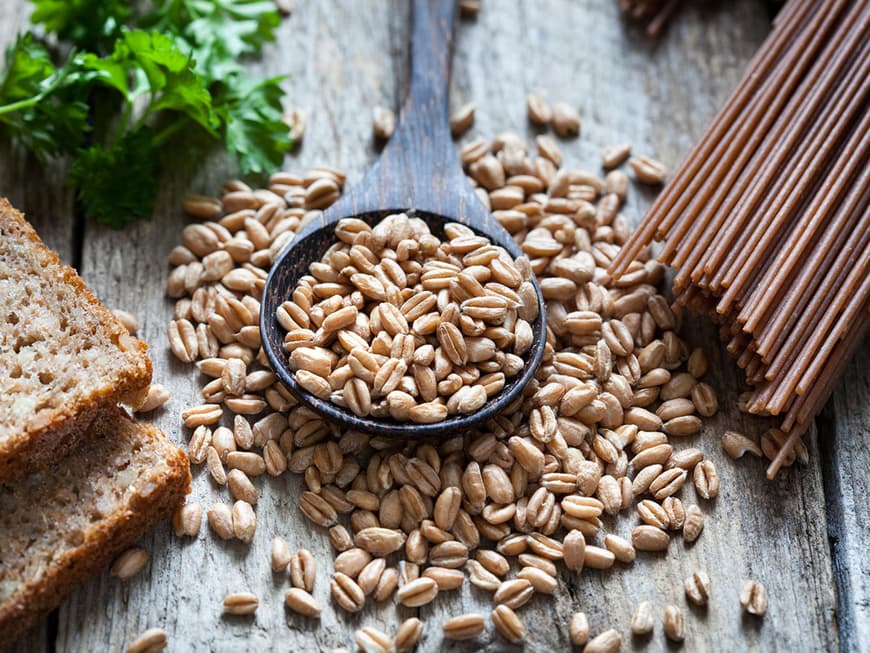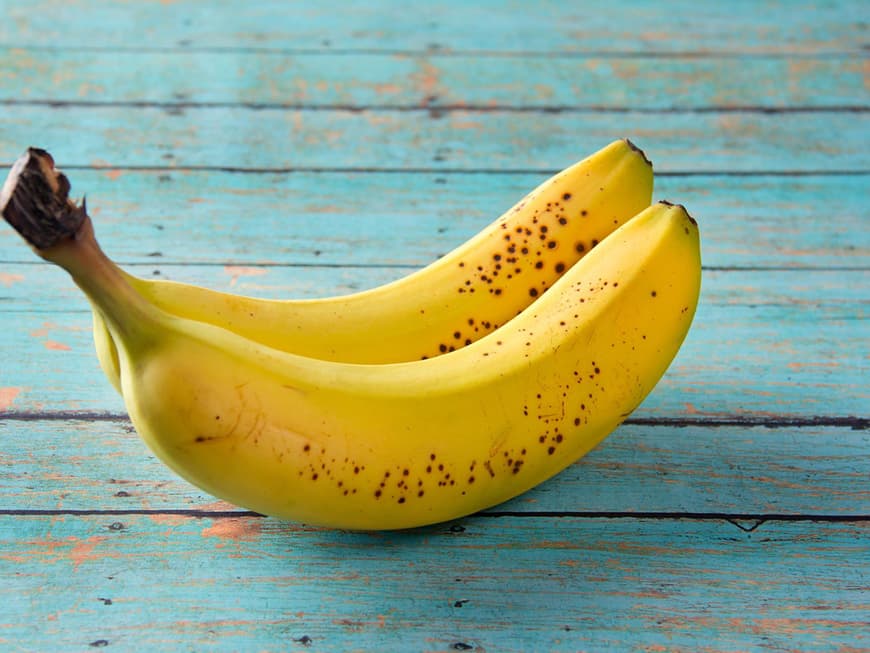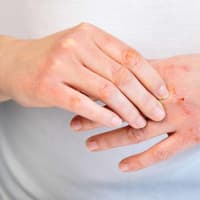Dietary fiber forms the optimal basis
Our intestines are home to many beneficial bacteria. Their job is to protect the intestines from pathogens and they also have a positive effect on the immune system. A diet rich in fiber ensures that the little health policemen can multiply sufficiently. Fiber also helps with digestion. Adults should consume 30 grams a day: in the form of wholegrain products, pulses, fruit and vegetables. If you have been eating a low-fiber diet and would like to change this, you should slowly accustom your intestines to the change, as otherwise you may experience bloating. However, this usually disappears quickly.
Lactic acid bacteria protect the intestinal flora
Probiotics are another important food group. These are living microorganisms that have a health-promoting effect. They are also known as lactic acid bacteria and support the intestinal flora by settling on the mucous membrane and displacing harmful bacteria. They are abundant in yogurt, kefir, whey and sauerkraut.
Simply get complaints under control
If you want to keep your gut healthy, you should make sure you eat a balanced diet rich in fiber. This means avoiding certain foods as far as possible. White flour products, sweets, fast food and alcohol are not good for the gut. This is because fat and sugar make it sluggish and destroy the intestinal flora. Industrially processed sausage products are just as unhealthy.










